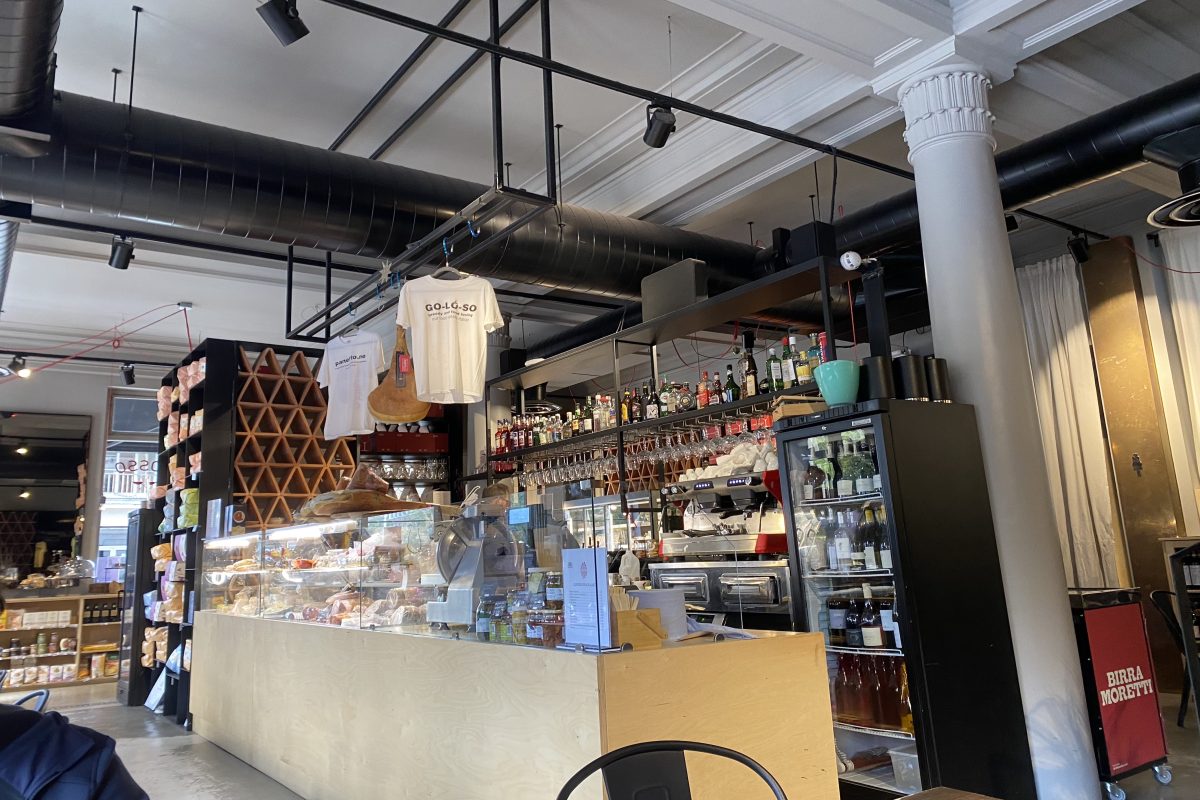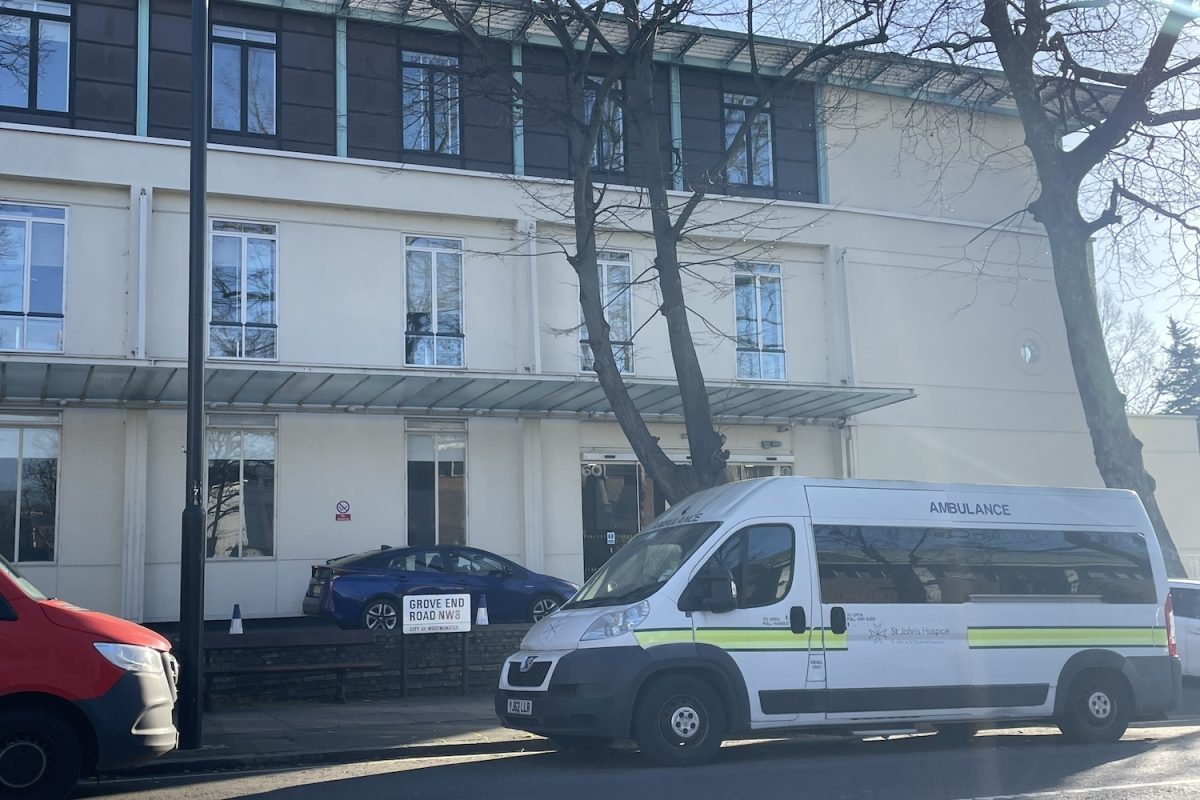Junior doctors working for the National Health Service went on strike Jan. 3-9, causing the cancellation of 113,779 appointments, according to The Guardian. Junior doctors make up approximately half of all NHS doctors, per the NHS.
Moreover, Transport for London rail workers planned to go on strike Jan. 7-12, but a last-minute breakthrough in negotiations called off the strike, according to The Financial Times. In an email sent to the school community Jan. 7, Interim High School Principal Jack Phillips announced that late buses, the After-School Program and certain athletic events were initially canceled due to the strikes; however, after the cancellation of the strike, the school reinstated the events in a follow-up email.
Adi Tsonev (’25) said he was glad the TfL strikes were ultimately canceled since they would have disrupted his travel to school and athletics practices.
“I was pretty relieved because I have an upcoming rugby tournament and we need all the practice we can get,” Tsonev said. “This tube strike would have been detrimental for the team and for our practice.”
Furthermore, Goksu Manav (’27) said she was initially irritated by the TfL strikes due to the disruption it would have caused to her travel schedule.
“I was a bit frustrated because I always use the tube,” Manav said. “It’s something that I’m familiar with when I am going places I go every single day like school. For some after-school activities, there are no buses, and calling an Uber every single day is a bit pricey.”
Nurse and Health Advisor Adam Bonnington said, due to transport difficulties nurses would have had traveling to school, the TfL strike would have had a “much more direct impact” on the nursing department than the NHS strikes did.
Bonnington said since the school has a private nursing department, the NHS strikes would not impact the school community unless someone had to be sent to the hospital.
“We use their service quite a lot as a school, but it doesn’t really have a direct impact on the school,” Bonnington said. “We have to just be aware that the hospital might be closed that we would normally send somebody to. We might have to think about a different approach in those situations.”
? | BREAKING
Tube strike averted after progress made in dispute@RMTunion have suspended their planned tube strike this week following talks with @TfL .https://t.co/fexgXmvhIf— RMT (@RMTunion) January 7, 2024
Nonetheless, Tsonev said the NHS strike had adverse effects on patients across the country.
“Even though six days does not seem like a lot, it’s quite catastrophic,” Tsonev said. “Some people might need immediate medical attention, so not having this kind of healthcare can be bad because people might need to go to private hospitals and they might not be able to afford it.”
Junior doctors in the NHS have staged strikes since March of last year as part of a campaign to win a 35% pay rise, according to The Guardian.
Bonnington said junior doctors most likely feel striking is the only way to call attention to pay issues that have not been addressed by the government.
“They have kind of been asking for better pay and the government has so far been unable to provide that,” Bonnington said. “It’s gotten to a stage where they probably feel that they haven’t got another choice other than to stop working in order to highlight issues around pay.”
Furthermore, Bonnington said he hopes the NHS strike will result in better pay for junior doctors and increased public awareness regarding pay issues.
“I hope that the lasting impact of the strike would be that the health care workers get the funding that they need to do their job well,” Bonnington said. “And that people who maybe aren’t aware of how serious this situation is become a bit more aware or even more active in speaking up for healthcare workers when they’re saying they’re not getting paid enough.”
In addition, Manav said she hopes the government will work with transport workers in the future to find “a common way where both sides can be happy.”
Tsonev said he hopes quick action is taken by the government to resolve recent strike action and prevent further disruptions.
“The city is so reliant on transport and to not have that and to be having strikes would obviously be very, very tough for the city,” Tsonev said. “It is a huge disturbance for everything so the government would probably have to act pretty soon.”













